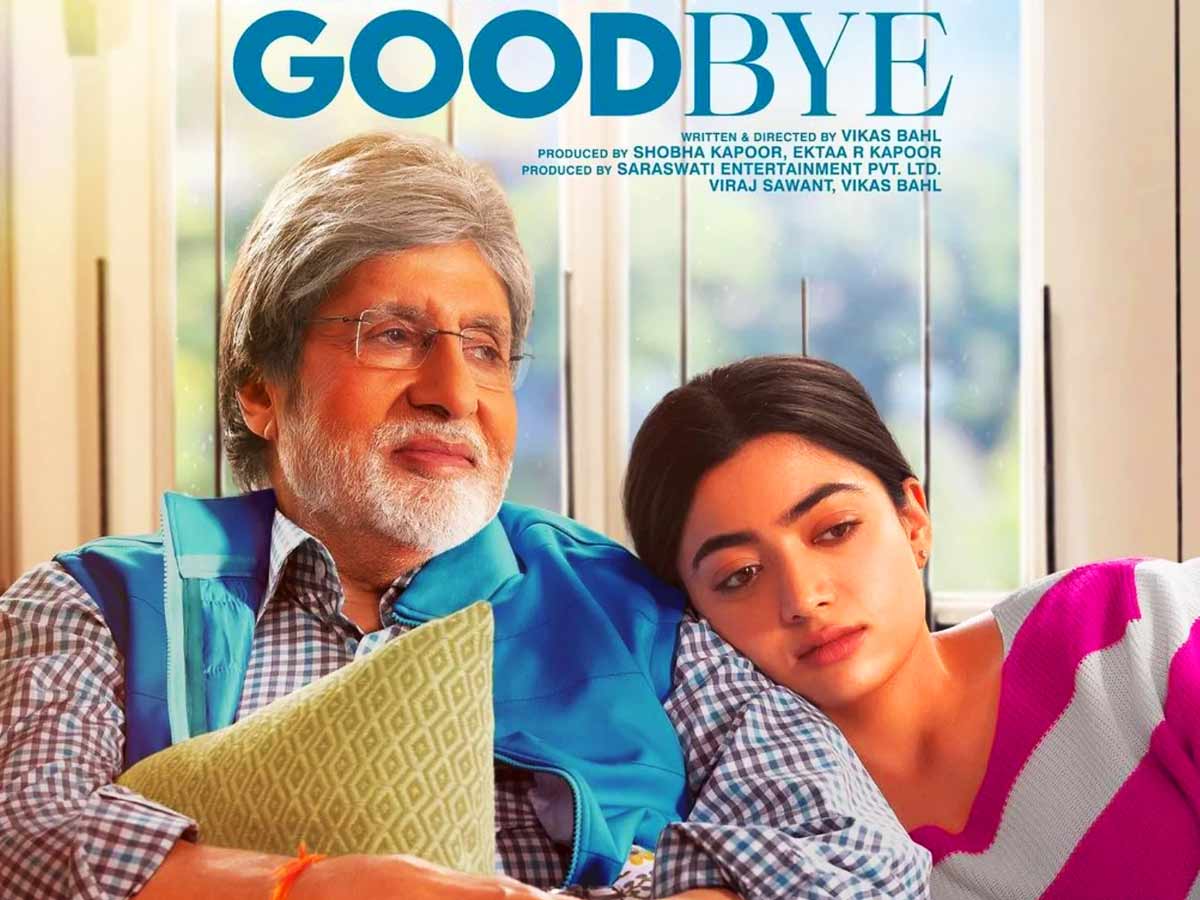The depiction of loss and grief on the big screen can only be effective if the emotions at the heart of the film are expressed with true empathy and characterized with the necessary nuance. In Vikas Bahl’s Goodbye, none of what could make it function above and beyond the surface level is given significant prominence.
Goodbye will cause you to cry a lot, but it will not teach you anything about the process of processing and letting go of the pain.
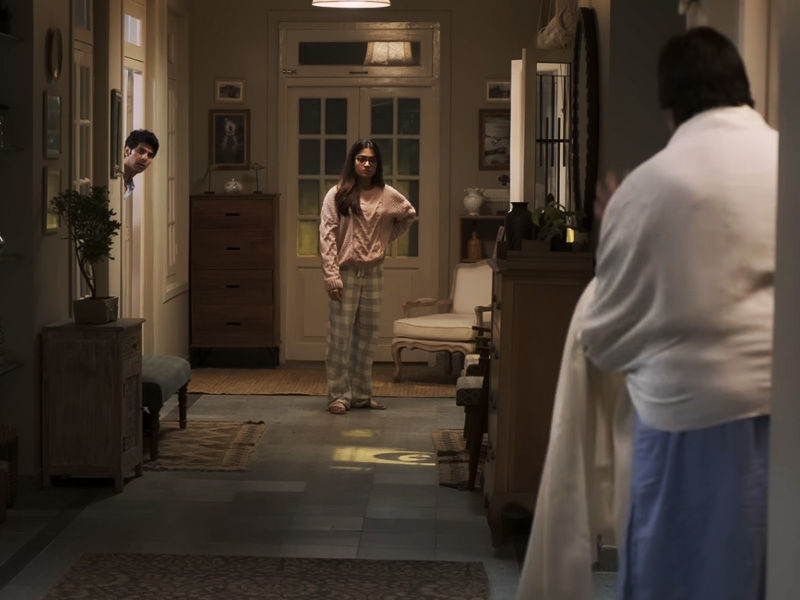
Despite Amitabh Bachchan’s presence, the performances are elementary. While the prose occasionally achieves a keen twinge, it is uneven and directed at the easily influenced.
The patchwork funeral drama has a suitably somber concept, but the broad-brush presentation of the misery of a Chandigarh family coping with the premature death of a matriarch – the film concentrates around the woman’s last rites extending from cremation preparations to the tehrvi, the 13th day of mourning – leaves no room for reality.
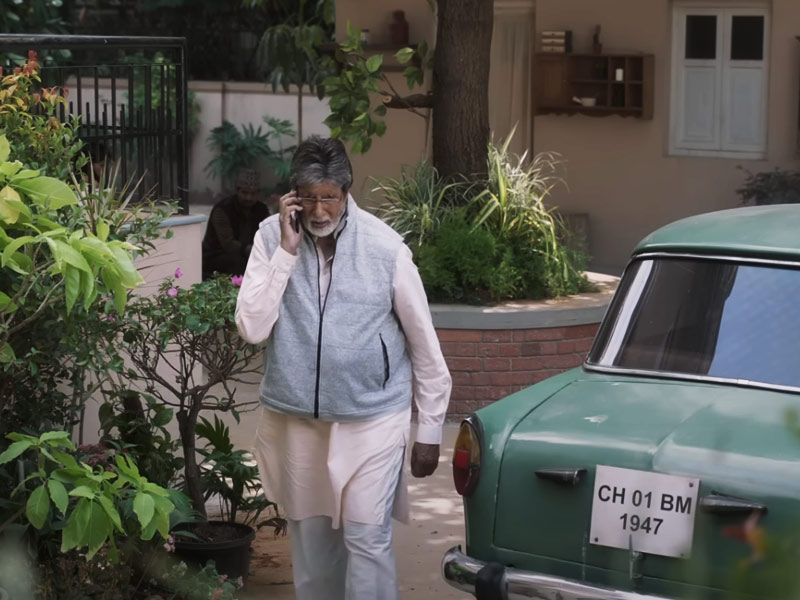
Sluggish, insubstantial, and meandering, Goodbye lacks the seriousness one would expect from a film claiming to be a mature, sympathetic examination of sorrow and its forms. It cannot fully live up to that expectation. Worse, several elements of the video appear to trivialize the act of mourning and remembering.
Goodbye fluctuates between the sad and the funny. The latter is primarily given by a group of females from the neighborhood who put on a brazenly phony display of grief for the bereaved. They are significantly more concerned with finding a comfortable chair, taking a selfie, or naming a WhatsApp group. It’s difficult to ignore the misogyny here.
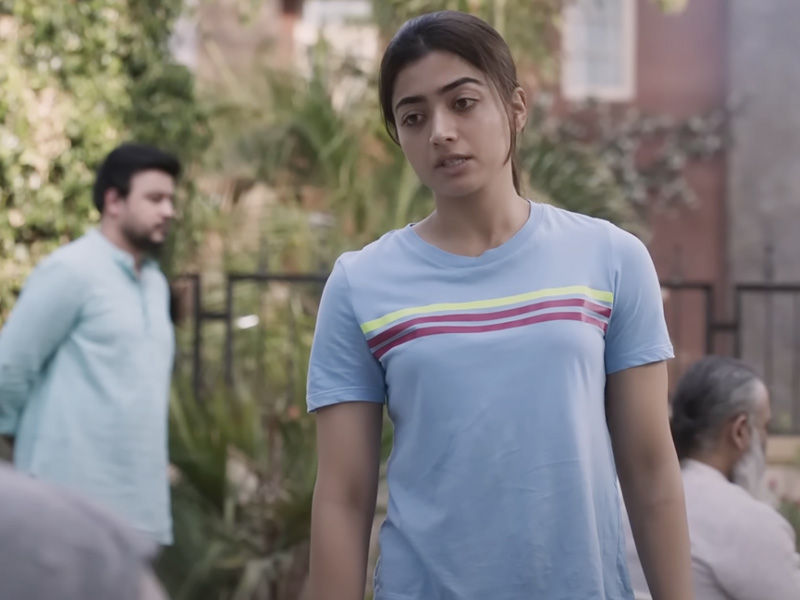
Goodbye begins with a disco track that goes ‘Hic hic hic’ and features a tipsy Tara Bhalla (Rashmika Mandanna) dancing carefree. She is a young lawyer in Mumbai who has just won her first case. Tara realizes the next morning, as she wakes up sluggish, that she has missed a succession of calls from her father, Harish Bhalla (Amitabh Bachchan). Tara’s mother, Gayatri (Neena Gupta), has died, according to the elderly man.
Tara hasn’t agreed with her father in a long time, but she boards the first flight to Chandigarh to be by his side, even if they continue to argue over minor issues. As preparations for the cremation begin, a self-appointed custodian of tradition, P.P. Singh (Ashish Vidyarthi), yells directions to all and everyone about norms and customs.
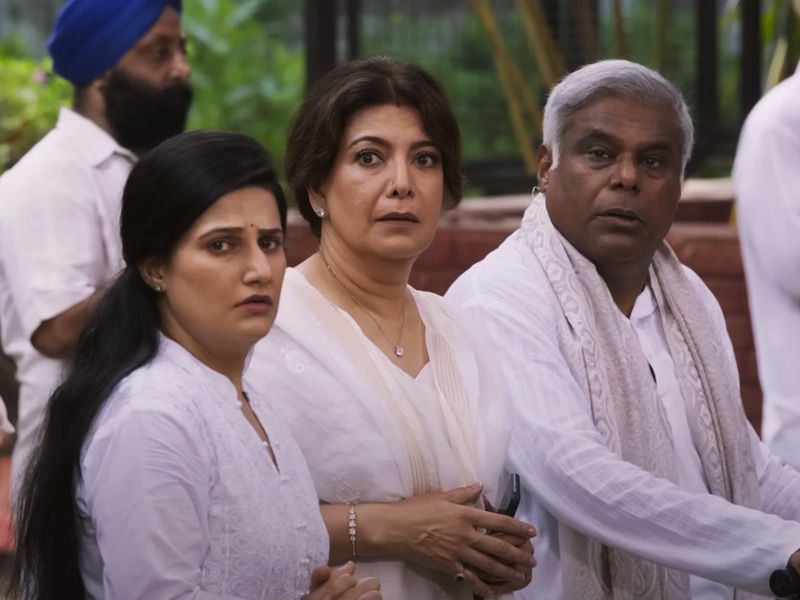
Tara’s brothers, including married Los Angeles resident Karan (Pavail Gulati), are informed of their mother’s death. They are attempting to return home from two different regions of the world. Karan arrives with his American wife, Daisy (Elli Avram), whose lack of knowledge about what to wear to a Hindu funeral causes some amusement. She is a rapid learner, however, in keeping with the film’s idea that women require education, she is constantly mocked.
A third brother is isolated. The audience is only informed of his presence but not of his whereabouts. We spend virtually the whole two-and-a-half-hour film wondering when this missing guy would appear and renew the funereal air that the film fails miserably to maintain in a seriously weakening second half.
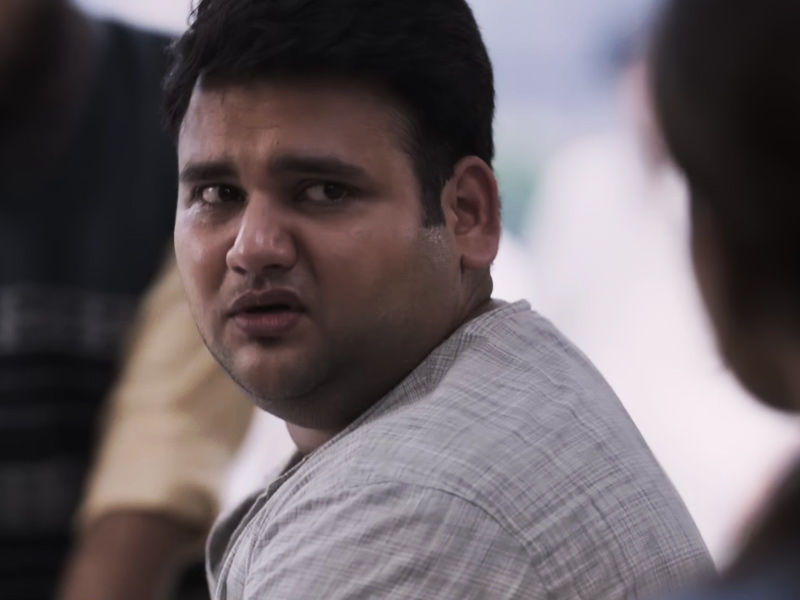
The young man appears when he is no longer required – the dead lady’s ashes have already been spread in the Ganga, and the family has returned home for the tehrvi – but the film milks the young man’s delayed appearance to the last drop.
Goodbye wants to be a modern and sensible film about a family dealing with the loss of a loved one. So it makes place for a young rebellious girl who dismisses elaborate ceremonies and insists that this isn’t the kind of final send-off that her free-spirited mother would have desired.
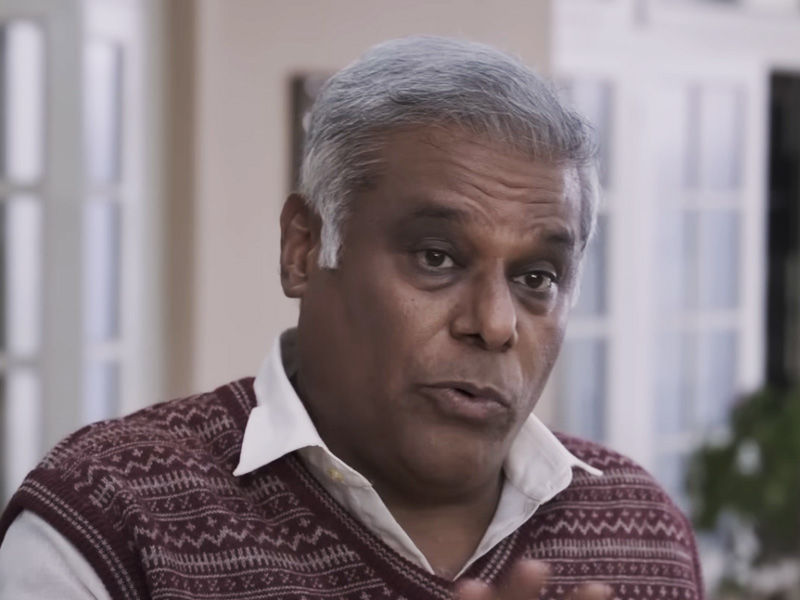
Tara is an outcast in an orthodox family. Mudassar is the name of her boyfriend in Mumbai, where she works. He travels with her to Chandigarh for the burial and is one of the four pallbearers. A few eyebrows are raised, but with P.P. Singh on his side, everything is fine. Aside from that, the Bhallas have a young maid whom they treat like a member of the family. One begins to admire the video since Tara looks to be in complete control.
Unfortunately, Goodbye’s courage fails him in the second half. The family travels to Rishikesh with Gayatri Bhalla’s ashes. They hire a chatty panditji (Sunil Grover) to preside over the wedding there. He preaches about the importance of religious rites in life and death.
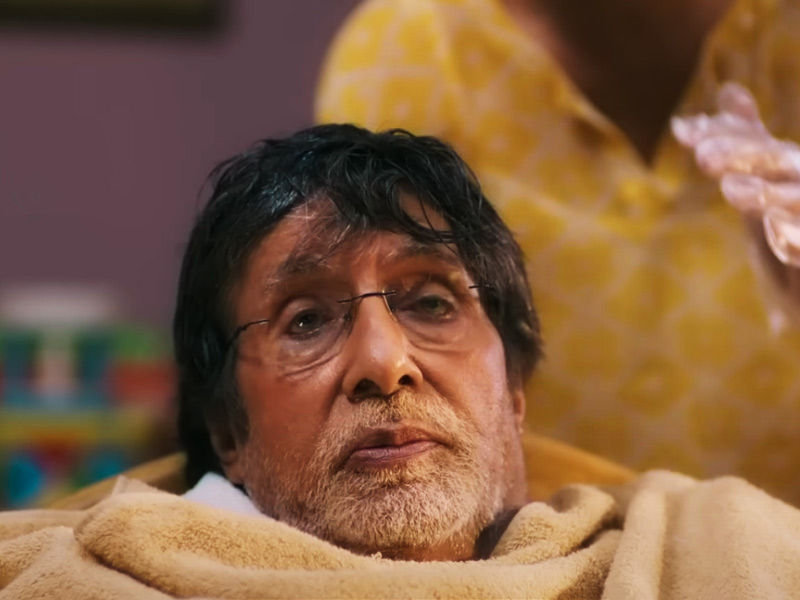
Tara registers her disagreement, but not with the vehemence you’d expect from a girl who has her own beliefs about what it means to grieve over a loved one. The cheery priest tells Tara that anything she doesn’t grasp isn’t necessarily false. He also advises her to cherish the stories and memories Gayatri has left for her.
If that appears to be entirely logical on the surface, the priest’s remarks become a pretext for Goodbye to peddle a lot of conservative claptrap and drown emotions in cloying sentimentality. Amitabh Bachchan’s character gives a soliloquy to the urn containing his wife’s ashes, enumerating all of the sins he committed while she was still alive.
Also, Read Glitch: Korea’s excellent effort to bring science fiction entertainment
It is always simple to drive spectators to tears with a bereavement story that capitalizes on genre conventions. However, the only truly despondent character in the picture is the household pet, a Golden Retriever named Stupid, who hangs around the photo of the woman who brought him home as a puppy. The human characters surrounding the canine are too haphazardly and laboriously developed to be really effective.
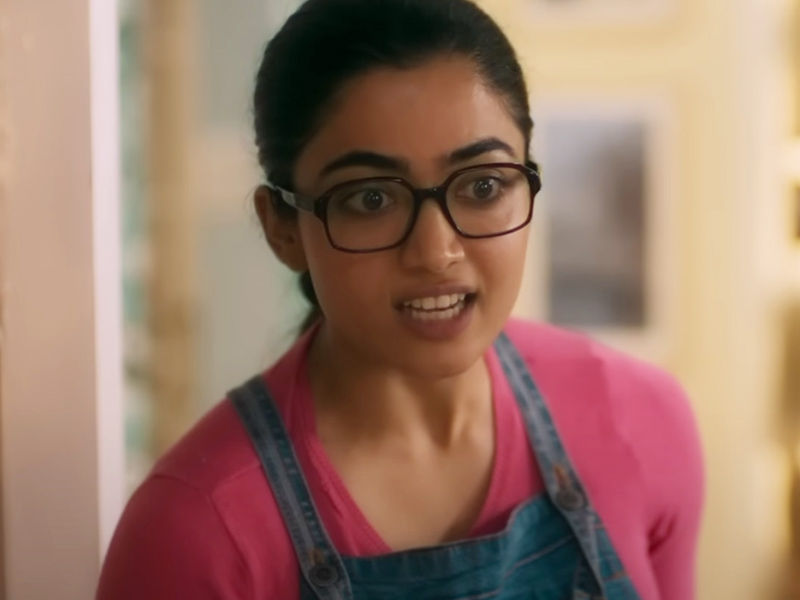
When the departed woman’s third son arrives late in the film, blissfully unaware that mom has died, the aforementioned garlanded photograph vanishes. But it’s not as difficult to swallow as a CGI crow that appears on the balcony and is thought to be the soul of the dead as it awaits her passage to heaven.
Goodbye serves as a stage for Amitabh Bachchan. He fulfills all of his responsibilities. Rashmika Mandanna holds her own amid the runaway mawkishness, providing the picture with its few brighter moments.
If only the character she plays had been permitted to stand firm and go so far as to persuade her father and brothers to accept her rationalism, Goodbye would have gained much-needed gravity. Neena Gupta, whose character is deceased at the start of the film and only appears in flashbacks, helps to spice things up. One hopes she was more prevalent.





















